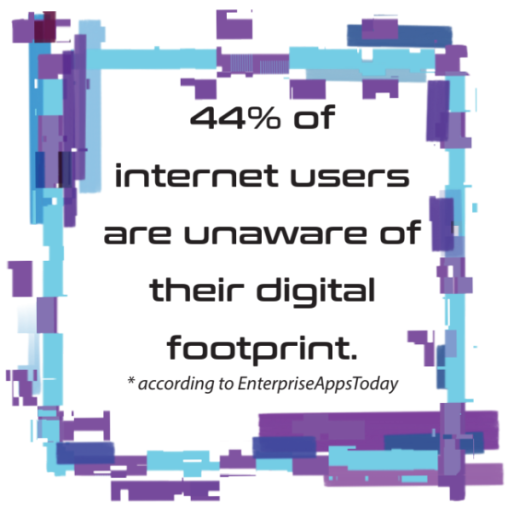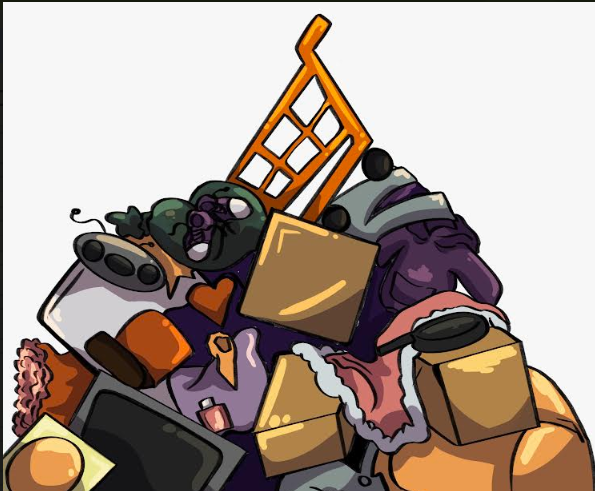Victoria’s Secret is well known for their controversial slip-ups, varying from Photoshop fails to child labor accusations. The most recent controversy involved model Karlie Kloss strutting down the catwalk, flaunting lean legs, toned abs and best of all, a floor-touching headdress and tribal animal-print lingerie, decked out with a matching turquoise obi necklace and belt.
I’m sure some viewers were likely to disregard the controversial attire, but I recognized something: it’s racist.
To some, this may be an obvious statement of racism while to others it may not seem racist at all. These two views encompass the very dilemma our society faces today: is racism over? Are racial stereotypes socially acceptable?
No, racism is not over, and racial stereotypes are in no way acceptable.
I love Vicky’s Hush-hush as much as the next gal, but I fully support the underwear industry’s decision to discontinue the outfit. As Victoria’s Secret presented in exemplary fashion, racial stereotyping is a societal issue, not just a personal one. Society has grown accustomed to racist remarks and even accepts them as a laughing matter, and South is no different.
We all want to believe South is a safe haven, but like the rest of society, South students are not immune to racism on both the giving and receiving end. In fact, nobody, including adults and public figures, is immune.
In an Oracle-conducted survey of 240 students, 70 percent said that racism exists at South. I’m glad that the majority of students recognize the issue, but perhaps the opposing 30 percent are unable to detect what is and what is not racist.
As inaccurate portrayals of certain races become more prominent in the media, the acceptance of such portrayals increases. Cultural appropriation, the adoption of certain elements of one culture, is everywhere, and because it’s so widespread, racial stereotyping has become the norm.
Christine Toy Johnson, a well-established Asian American actress, explained that she once, “lost a job […] because the producer wanted ‘a regular girl’.”
I’d like to see someone try to define “a regular girl.” Asian Americans, like other minorities, have certain roles established for them such as the submissive “China-doll” manicurist or the desexualized foreign martial artist.
In a Jeff Adachi documentary, The Slanted Screen, Asian American male actors and filmmakers discuss how the media’s portrayal of race influences the audience’s perspective but also, how the audience dislikes minorities on-screen. For example, producers discarded the romantic relationship between Asian actor Jet Li and a white female in response to negative responses from a sample audience.
These established roles for minorities are not solely based on producers casting “regular girls” and “desexualized” minorities, but audience demand as well. The portrayal of races skews perspectives and appropriates cultures.
Returning to Victoria’s Secret, the Kloss incident was not the only one of it’s kind. Yep, they did it twice. Before it was discontinued, Victoria’s Secret lingerie collection, “Go East,” exhibited a provocative, kimono-style outfit called “Sexy Little Geisha,” promising “a ticket to an exotic adventure.”
Victoria Secret’s controversies are prime examples of (literally) stripping down a culture to certain elements and then publicizing those aspects as the culture in its entirety. This incident is a more obvious form of cultural appropriation, but there are tons of examples teeming in the hallways of South.
Just because you don’t see race riots like those you learned about in history atSouth does not mean racism isn’t present, despite the difficulty some students may have comprehending this fact.
Racism is in people’s jokes, slurs, and subtle remarks − remarks on appearance, food, languages, academic and physical capabilities, religions and sex.
Racial stereotypes have been so ingrained into our society that they’ve become a habit, a bad habit. Like bad habits, it’s hard to acknowledge as a problem and equally as difficult to stop. Because of the subtleness of these racial stereotypes, those who may not experience racism on a daily basis find it harder to detect.
As an Asian American minority, I tend to be more apt to notice racist remarks, especially those directed at me. Not all Asians are related to Kim Jong Il, people. What does “so Asian” even mean? And is there really a correlation between my ethnicity and driving capabilities?
Nobody wants to admit to being a racist. Perhaps the term “racist” is too harsh; therefore, even if people use racial stereotypes, they consider them acceptable because they’re just “jokes” or, if minorities are lucky, sometimes they’re even “compliments.”
Those “jokes” and “compliments” are just ways of tearing a culture down by identifying it with one characteristic. I get good grades because I get good grades, not because I’m some Asian American “model minority.”
Racial stereotypes are still forms of racism, no matter how insignificant or well-intended they may seem. Even within the same race, people throw racial insults at each other. To stereotype within the same race only works to perpetuate the stereotypes and permit others to treat minorities in a similar manner.
Now, the obvious question is “how do we solve racism?” In a filmed interview, Morgan Freeman answered this exact question. His solution was, “Stop talking about it.”
No matter how suave and persuasive Freeman’s voice is, the method he is trying to pursue is the “colorblind” method, a method of ignoring somebody’s race and treating everyone equally, but equal to who? Equal to white people?
Perhaps this theory appeals to some, but it ignores the issues surrounding race, merely crippling the attempts of a universal understanding of racism.
The predominantly white area we live in also makes understanding more difficult. The bubble of South may feel that racism is a thing of the past; this, however, is not the case.
Then how do we stop? First, accept it. Accept the fact racism is still abundant, even in today’s society, and you, yes you, are guilty of racial stereotyping.
Second, be aware. I’m not asking for everyone to become a racial minority rights advocate. I’m asking you to think about how you could be offending someone by racially stereotyping. Be aware of subtle racist remarks, question somebody’s choice to racially stereotype, and with these steps, America can work towards claiming it’s racially-just aura it seems to yearn for.
There is no easy solution. Even these two seemingly effortless actions will be difficult, so I’ve made it my burden to tell you: learn better jokes, buy a dictionary for the next time you want to describe something as “so Asian,” and before you think you’re funny by cracking a racist joke, think about how your words are perpetuating the very stereotypes that I and so many others are struggling to break. Think about how much progress is being erased by your “harmless” joke and how your words are adding to the world’s ignorance.









